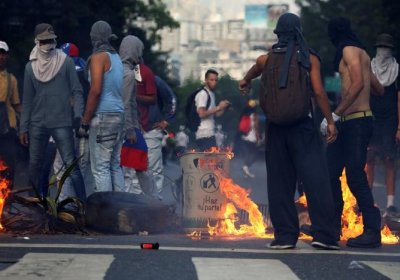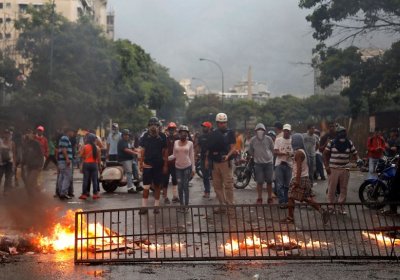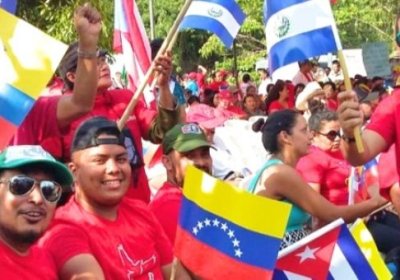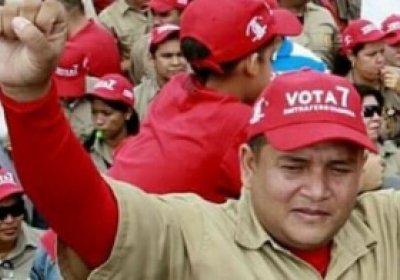The Organisation of American States (OAS) and its current secretary general Luis Almagro has pursued policies that aggravate the current crisis in Venezuela.
Rather than providing a way to help mediate the bitter conflict in Venezuela, Almagro has joined one side.
The position of the OAS sadly reflects the longer history of the organisation.











